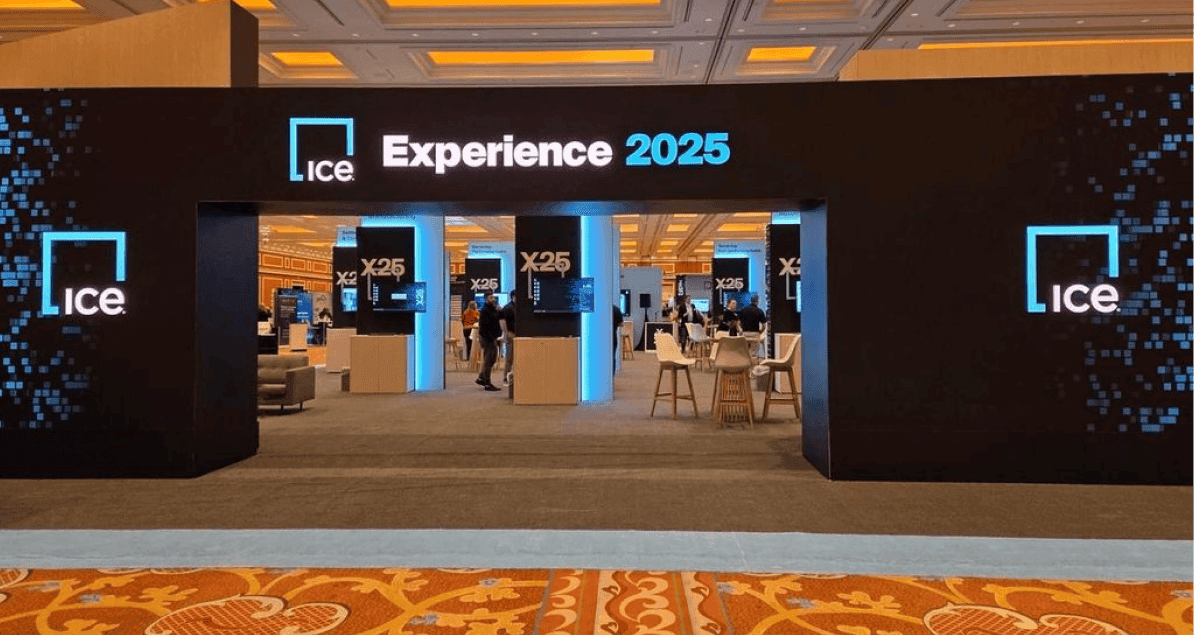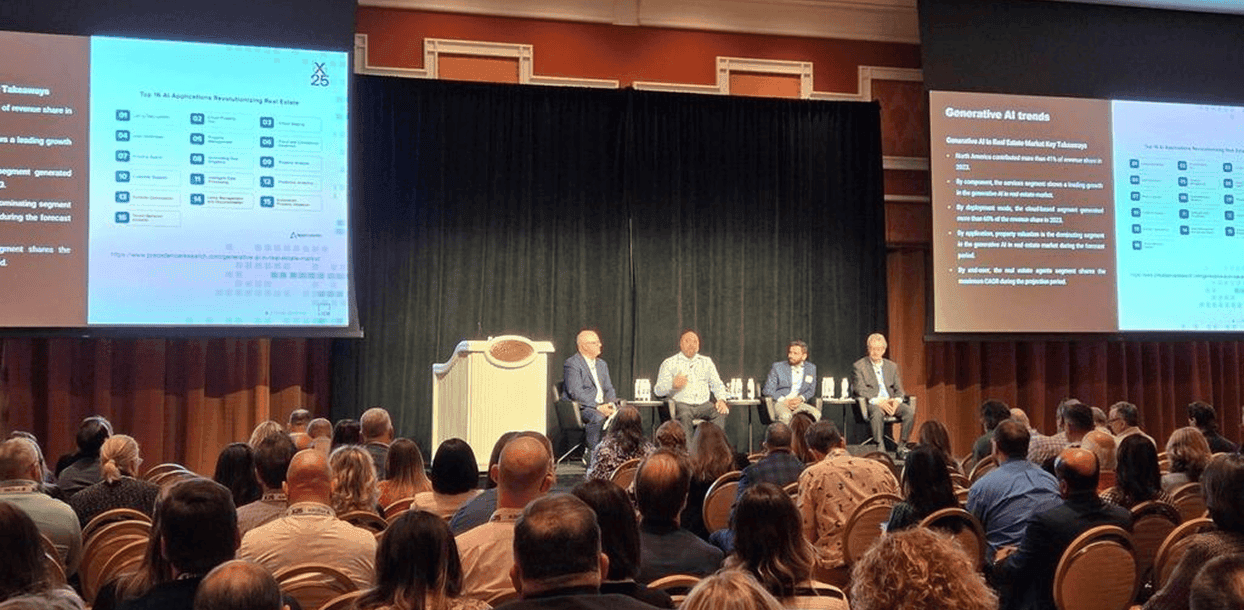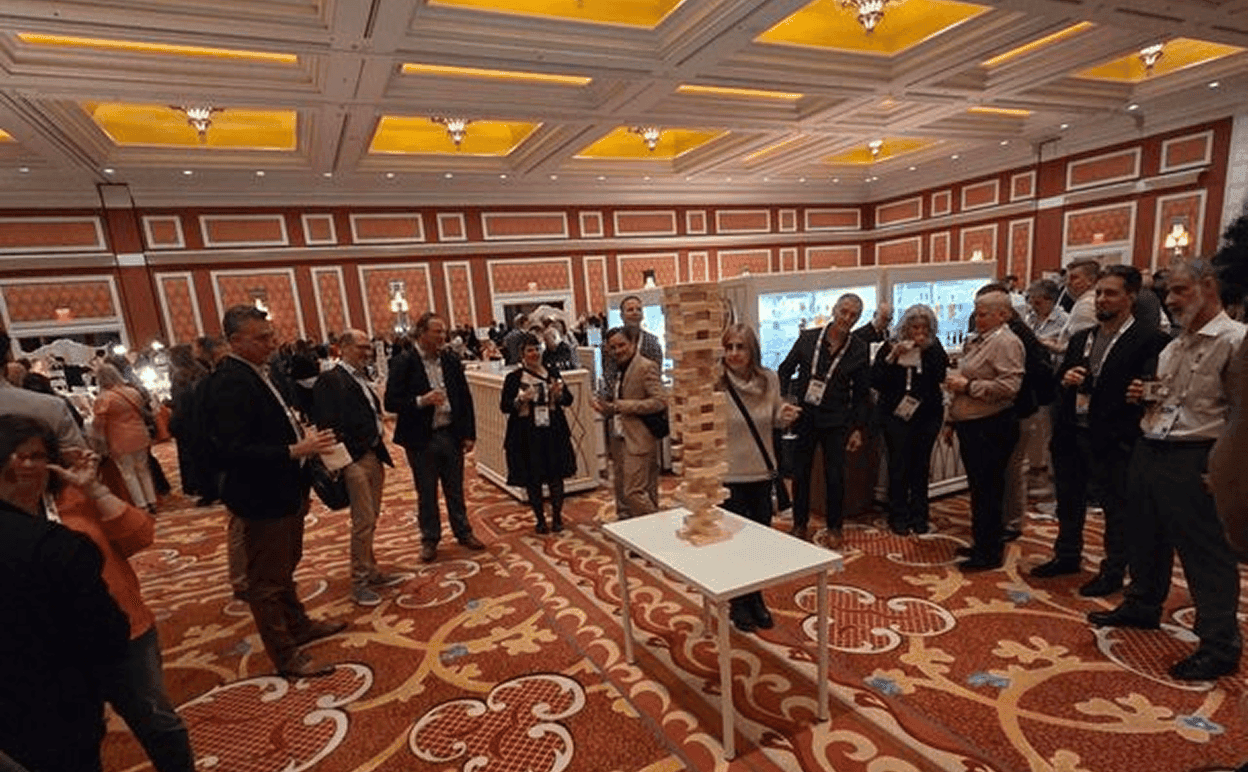
The ICE Experience 2025 brought together industry leaders, technology experts, and financial professionals to discuss the latest trends shaping the housing and mortgage landscape. With a strong focus on legislative volatility, inflation risks, and emerging technologies, the event provided deep insights into how the industry is evolving. For those who couldn’t attend, here are the major takeaways.
One of the most pressing topics at ICE Experience 2025 was the impact of political changes on the real estate sector. The new Trump administration’s policies, particularly regarding tariffs, labor shortages due to deportation orders, and overall economic volatility, were key discussion points. Higher tariffs on imported materials are expected to drive up construction costs, which, coupled with labor shortages, will likely contribute to ongoing housing affordability concerns.
Another major challenge discussed was the restrictive nature of zoning laws and permitting processes, which continue to stifle the development of affordable housing. There has been a sharp decline in “starter homes” under 1,400 square feet, making it difficult for first-time buyers to enter the market. Experts emphasized the need for zoning reforms to address this persistent issue, a recurring theme in housing policy discussions throughout 2024.
With inflationary pressures still high, affordability remains a significant concern. Rising costs of materials and labor, combined with high interest rates, are preventing mortgage payments from becoming more accessible to buyers. The expectation is that without significant policy changes, federal interest rates may remain elevated for the foreseeable future, continuing to strain affordability in the housing market.

Despite economic and legislative challenges, technology is playing a crucial role in improving efficiency, security, and the overall borrower experience. Several discussions centered around AI-driven automation, intelligent workflows, and data interoperability.
A significant highlight was the role of AI in enhancing productivity. Tools such as Ask Regi, which enables users to search for regulatory and compliance documents using natural language input, are transforming how professionals navigate complex regulations.
Many sessions showcased the expansion of no-code workflow engines, task frameworks, and enhanced conditions within platforms like Encompass to streamline mortgage processes. API-first ecosystems were also emphasized as a key enabler for seamless integration across Loan Origination Systems (LOS), Account Management Systems (AMS), and CRMs, leading to improved operational efficiency.
Technology is also being leveraged to strengthen fraud prevention efforts. The investment and expansion of datasets help identify fraud warning signs earlier, mitigating risks and improving compliance. Real-time data visibility ensures institutions remain audit-ready while reducing the chances of financial fraud.

Several sessions focused on the latest innovations shaping mortgage lending and underwriting processes:
Throughout ICE Experience 2025, several key themes emerged that will define the future of the industry:
ICE Experience 2025 underscored the intersection of policy, technology, and economic challenges in the mortgage industry. As lenders and financial institutions navigate an uncertain landscape, leveraging AI-driven automation, strengthening fraud prevention, and advocating for regulatory reforms will be key to sustaining growth and improving borrower experiences.
Stay ahead by keeping an eye on legislative changes, integrating cutting-edge technology, and refining borrower engagement strategies to remain competitive in an evolving market
© 2025 ValueLink and all related designs and logos are trademarks of ValueLink Software, a division of Spur Global Ventures Inc.